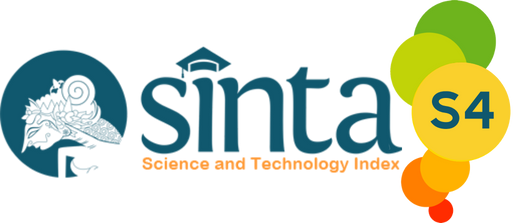Implementation of The Pentahelix Model on Empowering Family Welfare (PKK) in Malabero Village
DOI:
https://doi.org/10.33369/ijier.v4i1.40749Abstract
Community empowerment is a strategic effort to improve economic welfare, especially for the Family Welfare Empowerment (PKK) women group. This research examines the implementation of the Pentahelix model in training on processing seafood into dim sum made from mackerel in Malabero Village, Bengkulu City. The Pentahelix model approach involves synergy between government, academics, communities, business people, and the media in supporting sustainable community empowerment. The method used in this research is descriptive qualitative with observation, interview, and documentation techniques. The research results show that this training increases the skills and insight of PKK women in processing marine products into products of high economic value. In addition, the Pentahelix model has proven effective in strengthening collaboration between stakeholders, supporting product marketing via social media, and opening up culinary-based business opportunities. Through training programs, people not only gain new skills but also have the opportunity to improve their welfare through creative food-based businesses. However, program sustainability is still a challenge that requires long-term strengthening and mentoring strategies. This research recommends the need for more adaptive policies and sustainable support so that empowerment based on local potential can provide a more significant economic impact.
Keywords: Community empowerment, Pentahelix model, Family Welfare Empowerment (PKK), Local Economy
Downloads
Published
How to Cite
Issue
Section
License

This work is licensed under a Creative Commons Attribution-ShareAlike 4.0 International License.

Ciptaan disebarluaskan di bawah Lisensi Creative Commons Atribusi-BerbagiSerupa 4.0 Internasional.








